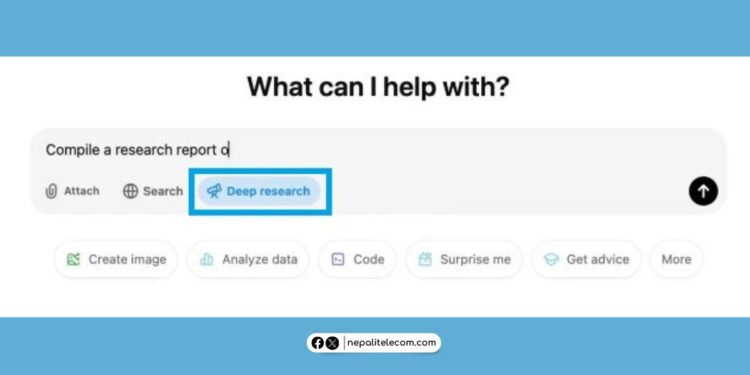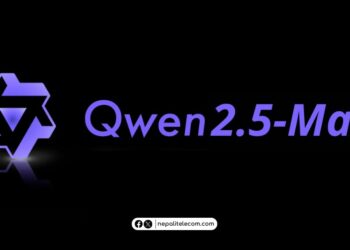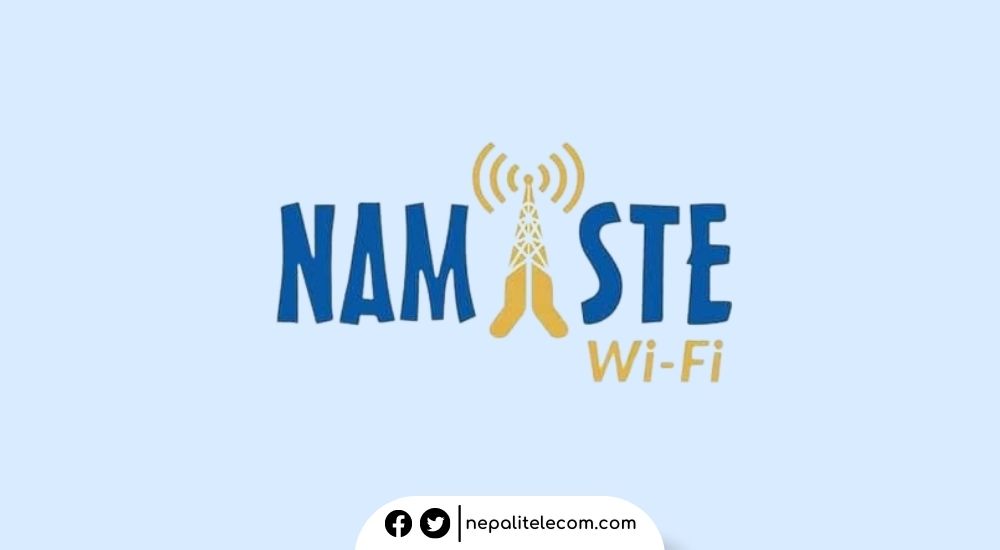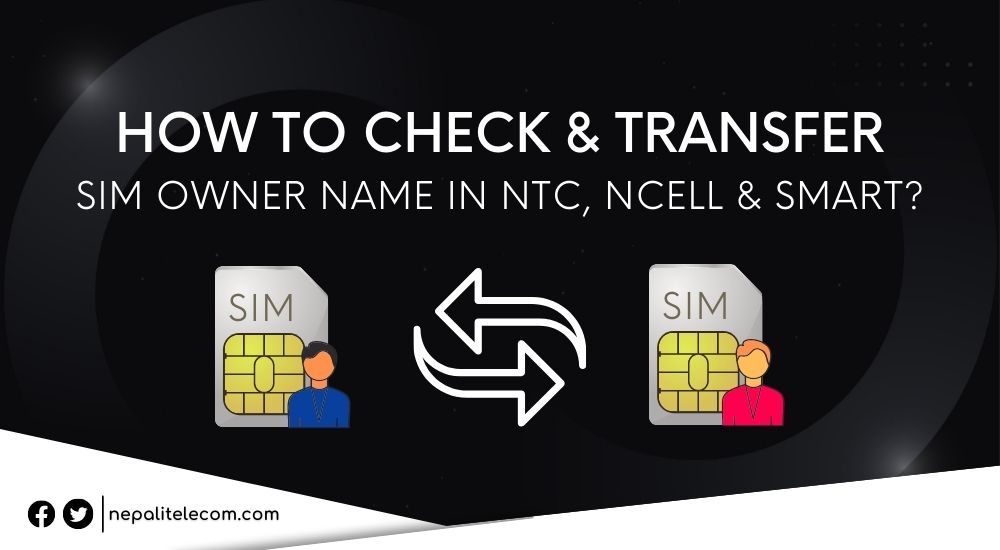Soon after releasing an agent called Operator, AI company OpenAI launched Deep Research, an AI tool that does deep searching on the web on your behalf. The service comes on the heel of DeepSeek AI’s rise and shine and the US venture wants to further strengthen its own authority in the AI space. Let’s learn more about Deep Research.
The Deep Research looks for in-depth information on users’ queries and presents them in a concise form. It’s not your average search. If you want to get detailed information and insights on a particular topic, then you can use Deep Research of OpenAI to do it for you.
OpenAI demonstrated how its latest AI tool works on YouTube on Sunday (February 02, 2025) .
“It can do complex research tasks that might take a person anywhere from 30 minutes to 30 days,” Kevin Weil, OpenAI’s chief product officer, stated.
Also: iOS 18.3 released with more AI and Stasrlink connectivity support
OpenAI brings Deep Research for comprehensive searching on the web
Deep Research can be used to extract information on historical, political, and socioeconomic facets or figures. To illustrate to you how it works, here’s how the company demonstrated.
At Capitol Hill, Mr. Weil asked Deep Research to make a report on Albert Einstein. We do know who he is but don’t necessarily know “other” things about him. Even less if you didn’t watch Oppenheimer (sic). So, the AI agent provided information about Einstein’s background and personal traits too.
Speaking further on the agent, Mr. Weil said, “It can surf the web and understand text and images and PDFs.” And it can do this recursively. It can do one search, and that leads to other searches, and then it can synthesize all the information it has learned.”
What is also impressive about Deep Research is that the report it produces comes with citations, the source of its information. However, this doesn’t rule out AI “making up” citations.
OpenAI admits one shortcoming in Deep Research
OpenAI admitted that Deep Research might not be able to differentiate the right information from rumors. It was also not always certain about providing information accurately about details it was struggling to convey.
If you were curious, the agent AI Operator is used for having it to do shopping, or booking a ticket, etc. Deep Research, on the other hand, leans more toward people who want to learn about topics in detail.
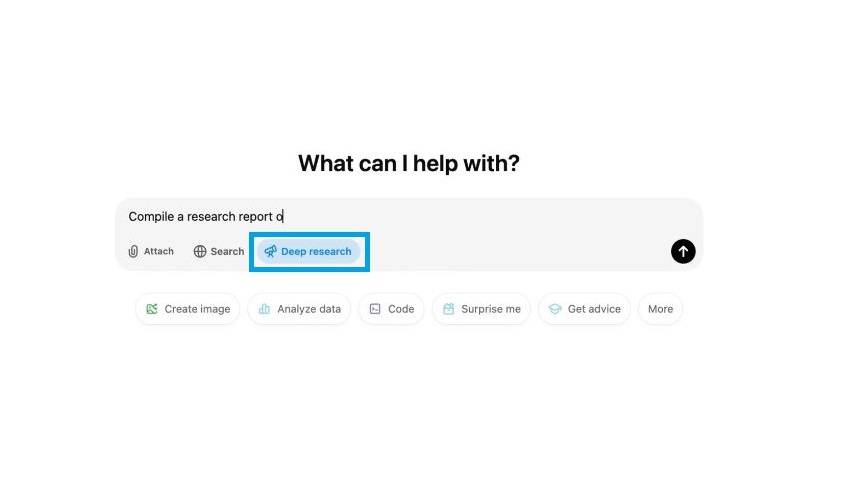
Mr. Weil said that Deep Research is useful for people in finance, science, and law.
How to use OpenAI Deep Research on ChatGPT?
To use Deep Research in ChatGPT, you need to do the following:
- Go to ChatGPT
- Click on Deep Research
- Enter your query
- You get your report after a while
NOTE: When it starts working, a sidebar tells the steps it’s taking and sourcing information from. The process of gathering information takes between 5 to 30 minutes depending on the complexity of the topic.
A notification tells you the completion of the task. The final report comes with citations and a summary.
OpenAI says that its Deep Research AI tool is available to Pro users and will roll out to Plus and Team later.
Can it be trusted though?
Well, Deep Research is another ArtificiaI Intelligence tool that uses AI to do the tasks it’s assigned. Therefore, you can’t trust it to be 100% perfect as the company itself points out its shortcomings. However, it does save time and effort and does things smartly.
However, cautions must be implemented on the information it gathers. Some of them may not have been correct or accurate. You need to first verify suspicious details before fully trusting them. Otherwise, it’s an excellent tool for finding detailed information on topics.


